Why I Coach
So many people have asked me why a busy professional with a family to look after and a Harvard MBA would bother with an ‘irrelevant’ distraction like coaching. In fact, some even think that it devalues what I do helping university biotech spinouts raise capital. So I thought I would share my ‘Why’ to make it clear exactly why I feel it’s so important.
While I was working at Swiss Bank Corporation in the 2000’s, I lost two dear friends, one in Hong Kong and one in Zurich to a massive heart attack and cancer, one in his 30’s the other in his 50’s. Another colleague on the Proprietary Trading desk dropped dead - on the treadmill at his gym - at age 28.
In retrospect, all of these lives could have had a totally different trajectory. My colleagues could have lived long, productive and happy lives, shared with loved ones and contributing to society if only someone would have tapped them on the shoulder and guided them to a more balanced and holistic approach to their personal and professional life.
When I was in my early 30’s, I also was diagnosed with multiple life-changing diseases, including one with ‘no cure.’ In addition, I was told by a male doctor that I was infertile and would never have biological children. Even though I didn’t lose my life like my friends, my life and career and expectations of both, came to a screeching halt.
Start-ups are a marathon length series of short, intense sprints to a finish line you can’t really see or necessarily even know exists. If you aren’t constantly conserving and replenishing your energy stores, you aren’t setting yourself up for success. And I had certainly set myself up for failure, working 25/8 until I was no longer of service to my business, colleagues or shareholders, not to mention family and friends.
A few months ago, I was recently reminded of my ‘Why’ when I lost a grad school classmate to cancer. Like so many, he told very few that he had cancer, that in fact, this was the second time he was having treatment for it. He probably felt that even though he was in hospital, it was still ‘business as usual’ and he needed to push a little harder. And so, while having chemo, he carried on with his work, conducting a series of conference calls late into the night from his hospital bed. He then said goodnight to his wife before falling asleep. Unfortunately, he never woke up. He suffered massive organ failure overnight and his wife was woken in the early hours of the morning with a call from the hospital to say that he had died. He was 54 and didn’t get to say a proper goodbye to his wife, children or parents.
Could this have been avoided?
If someone would have told him that he needed to rest and recover, could his loss - to his family, friends, business and society at large - have been avoided? And might he have achieved more had he taken time out to rest, recover and reflect?
In short, I have lost too many loved ones to burnout, illness and early death and just need to take a stand and make my own small contribution to stopping the cycle. I would have been next in line myself if I hadn’t taken time out to step back and take a deep look at the trajectory my life was taking and see myself and my contribution to society as not just helping increase revenue somewhere, but as a whole person being present and compassionate for my family and friends and showing up as my best and most complete self to everything I do.
Living our eulogy virtues
As Arianna Huffington recently said,
Our culture has reduced the good life down to success, and success down to two metrics, money and power… I introduced the third metric of well-being, wisdom, wonder, and giving. And without that our life is like trying to sit on a two-legged stool. Sooner or later, we are going to fall off.
And if you’ve ever been to any friend’s memorial recently, you know our eulogies have very little to do with our resumes.
Have you ever heard anybody say, “You know, George was amazing! He increased market share by one third!”?
And so why not grow our eulogy virtues, not just our resume virtues, throughout our lives?”
By paying attention to the non-career and non-work aspects of our lives, we actually enhance our professional contribution and performance. I like acting as a reminder and accountability partner to those who have great promise and potential but are finding they just aren’t quite ‘bringing it’ the way they used to. And, to my mind, if I can stop one person from going through what I and some of my colleagues went through, taking the time to coach is worth it.

